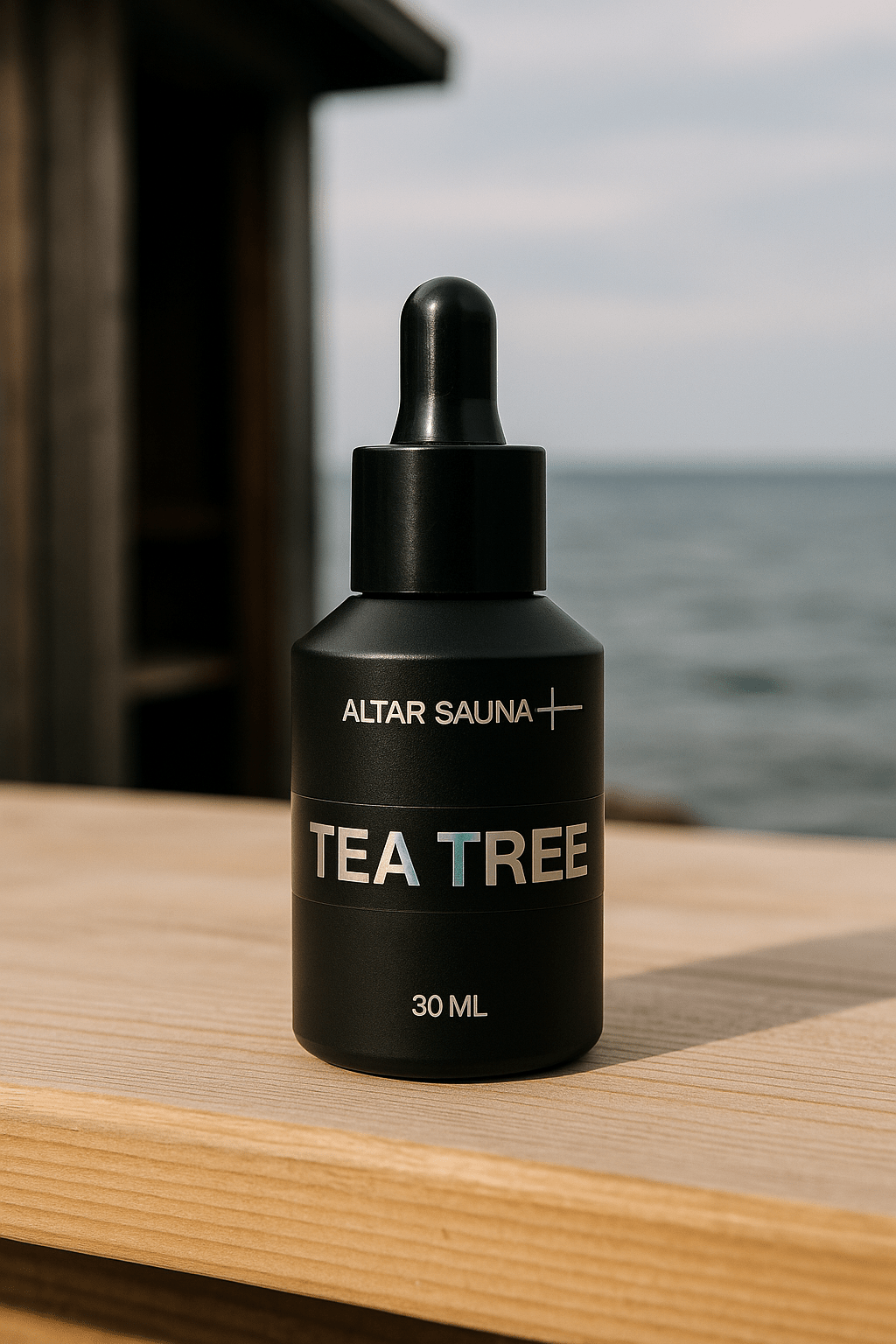Heat shock proteins (HSPs) may not sound like the superheroes of the molecular world, but within our cells, they play a crucial role in maintaining order and protecting against stress. In this article, we'll delve into the fascinating realm of heat shock proteins, exploring their functions, significance in the body, and ways to boost their presence for optimal health.
WHAT IS HEAT SHOCK PROTEINS?
The Basics:
Heat shock proteins are a family of molecules that act as molecular chaperones within cells. Picture them as the diligent janitors of the cellular world, tidying up and ensuring everything runs smoothly.
Protein Folding Guardians: HSPs are renowned for their role in assisting protein folding. Proteins must fold into specific shapes to function correctly, and HSPs prevent misfolding, ensuring proteins achieve their proper structure.
Cellular Stress Responders: As the name suggests, HSPs are particularly active when cells face stressors like heat, toxins, or infections. They help cells adapt to and recover from stressful conditions.
Immune System Allies: HSPs are involved in the immune response, presenting pieces of degraded proteins to immune cells. This aids in the recognition of foreign invaders, such as viruses or bacteria.
TYPES OF HEAT SHOCK PROTEINS
HSP Families:
Hsp70: This family is like the cell's personal bodyguard, ensuring the correct folding of proteins and preventing aggregation under stressful conditions.
Hsp90: Think of Hsp90 as the supervisor, overseeing the maturation and stability of specific proteins that are crucial for cell growth and division.
Hsp60: Operating within cellular compartments called mitochondria, Hsp60 ensures that proteins involved in energy production are in top-notch shape.
HOW TO BOOST HEAT SHOCK PROTEINS
Regular physical activity is a potent way to stimulate HSP production. When you hit the gym or go for a run, your cells experience a controlled stress, prompting the increased synthesis of HSPs to help them adapt and become more resilient.
Sauna Sessions: A Heat Shock for Health
Saunas, with their elevated temperatures, mimic the heat stress that activates HSPs. Regular sauna use has been associated with increased HSP levels, promoting cellular health and stress resistance.
FOODS THAT SUPPORT HSP PRODUCTION
Turmeric: Curcumin, the active compound in turmeric, has been shown to induce the expression of HSPs, contributing to cellular protection.
Green Tea: Epigallocatechin gallate (EGCG), a potent antioxidant found in green tea, has been linked to increased HSP production, offering cellular defense.
Omega-3 Fatty Acids: Found in fatty fish like salmon, omega-3 fatty acids contribute to overall cellular health and may influence HSP expression.
HEAT SHOCK PROTEINS FOR OPTIMAL HEALTH
In the intricate dance of cellular life, heat shock proteins emerge as unsung heroes, diligently maintaining cellular order and responding to stress with unwavering efficiency. By understanding their roles and incorporating lifestyle choices that support their production, we can empower our bodies to better withstand the demands of modern life.
So, the next time you hit the gym, sip on green tea, or enjoy a relaxing sauna session, know that you're not just pampering yourself—you're also giving your cellular guardians, the heat shock proteins, a boost to keep your body resilient and in top-notch shape.
HEAT SHOCK PROTEINS IN THE SAUNA
As you step into a sauna, the temperature begins to rise, creating an environment that mimics a controlled heat stress. While the experience might make you break a sweat, it's also orchestrating a biochemical symphony within your cells.
Heat Shock Proteins Take Center Stage
Induction of Hsp70: The elevated temperature prompts cells to activate the production of heat shock proteins, notably Hsp70. This induction serves as a cellular response to the perceived stress, as the body prepares to adapt and overcome the challenging conditions.
Protein Quality Control: Inside the sauna-induced heat wave, Hsp70 acts as a guardian of protein quality. It helps ensure that proteins maintain their proper folding, preventing the formation of misfolded or aggregated structures that could compromise cellular function.
Cellular Detoxification:
Increased Blood Flow: The heat from the sauna causes blood vessels to dilate, enhancing blood flow to various tissues. This increased circulation is like a cleansing tide, carrying away waste products and promoting nutrient delivery.
Sweating: Sweating is the body's natural cooling mechanism, but it also serves as a detoxification process. As you sweat in the sauna, you're not just losing water weight; you're expelling toxins, and the heat shock proteins play a role in facilitating this process.
Cardiovascular Conditioning:
Heart Rate Elevation: The sauna experience induces a mild cardiovascular stress, leading to an increase in heart rate. This cardiovascular workout, though subtle, contributes to overall heart health and endurance.
Adaptive Response: The cardiovascular system adapts to the heat stress, becoming more efficient in pumping blood. This adaptation is a testament to the body's remarkable ability to acclimate and enhance its resilience.
Mental Relaxation and Stress Reduction:
Endorphin Release: The sauna-induced heat stimulates the release of endorphins, the body's natural feel-good chemicals. This not only enhances mood but also contributes to stress reduction.
Cortisol Regulation: The sauna experience has been linked to reduced levels of the stress hormone cortisol. As cortisol levels decrease, the body experiences a state of relaxation, promoting mental well-being.
Recovery and Regeneration:
Muscle Relaxation: The heat from the sauna can induce muscle relaxation, alleviating tension and promoting recovery after physical exertion. This is particularly beneficial for athletes and individuals with an active lifestyle.
Anti-Inflammatory Effects: Heat shock proteins, especially Hsp70, exhibit anti-inflammatory properties. By modulating the inflammatory response, they contribute to the body's ability to recover and regenerate.
Embracing the Sauna for Cellular Resilience
In essence, a sauna session is not just a leisurely retreat; it's a deliberate journey that engages the body's heat shock proteins in a symphony of cellular adaptation and resilience. As you bask in the warmth of the sauna, know that you're not only enjoying a moment of relaxation but also empowering your cells to face the challenges of the modern world with enhanced vigor and vitality.
Click here if you want to read more about the cold plunge and sauna
Written by Malin.


